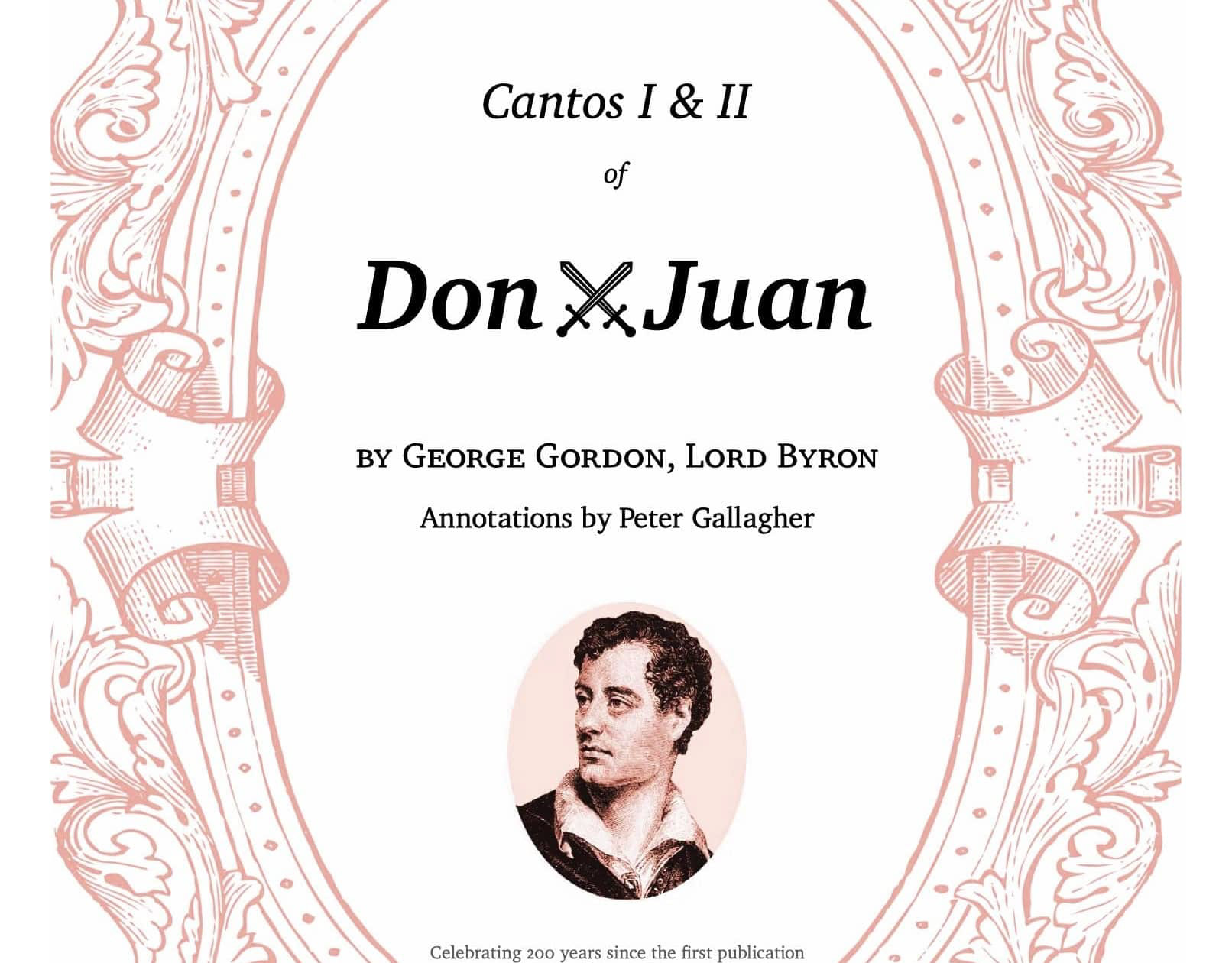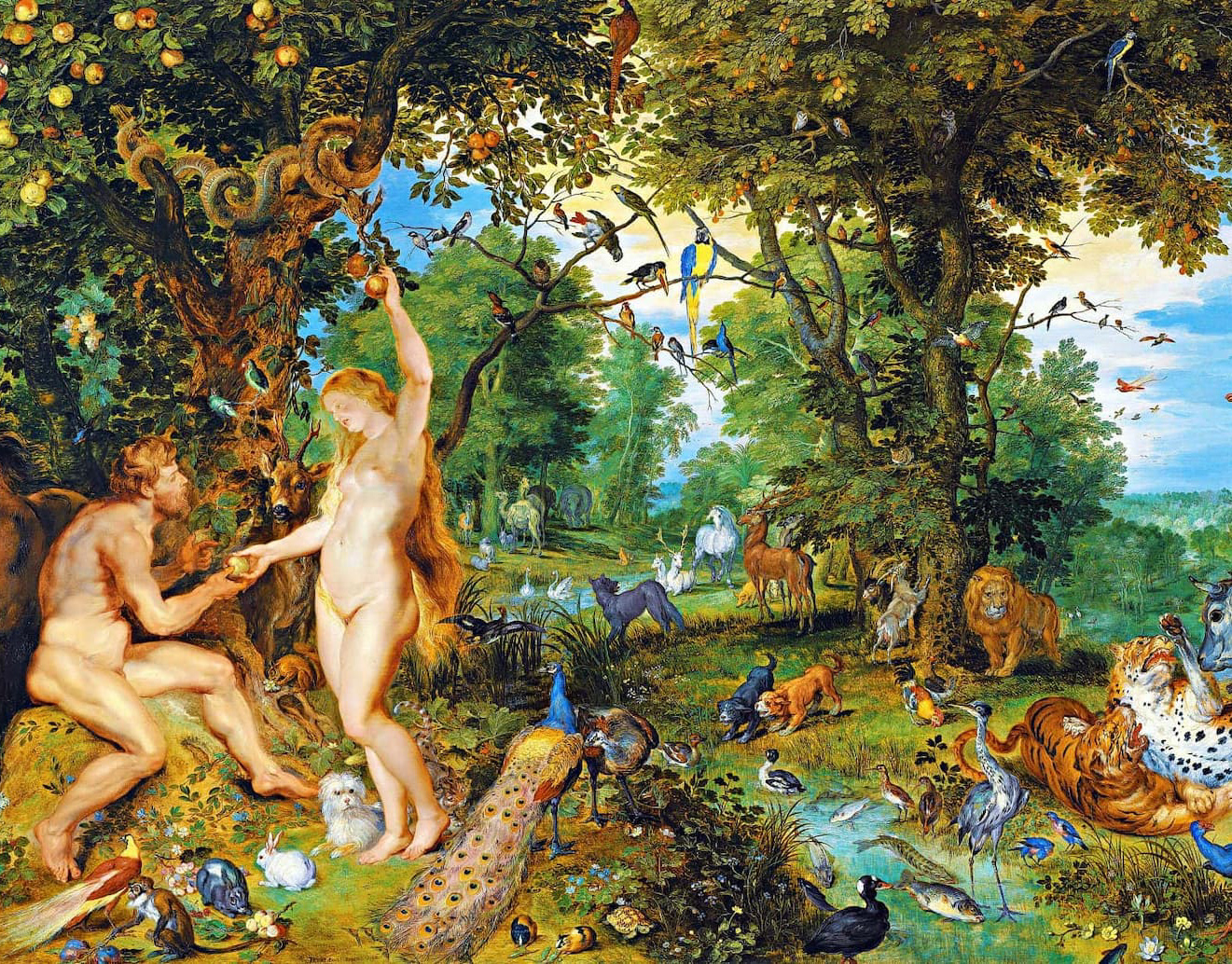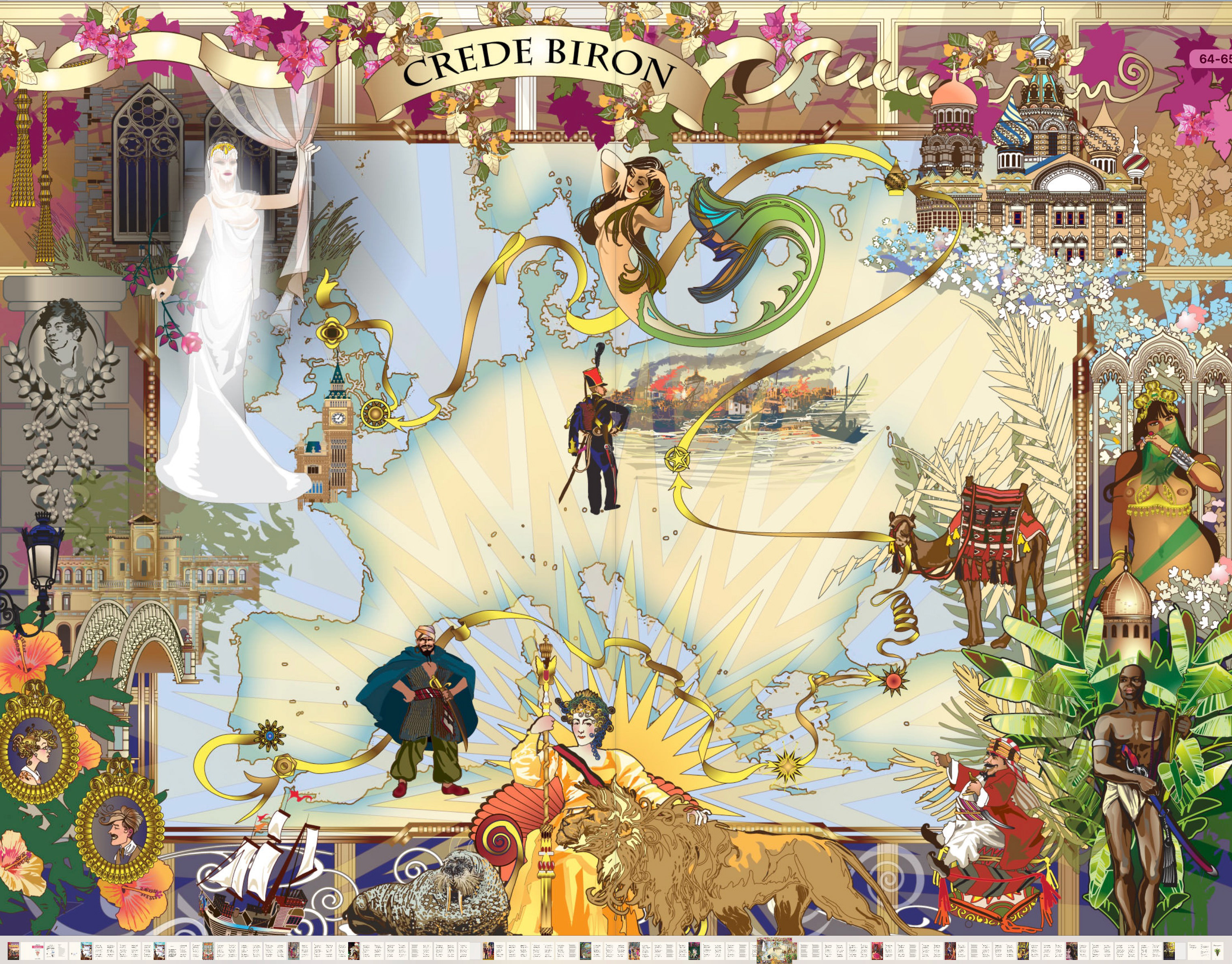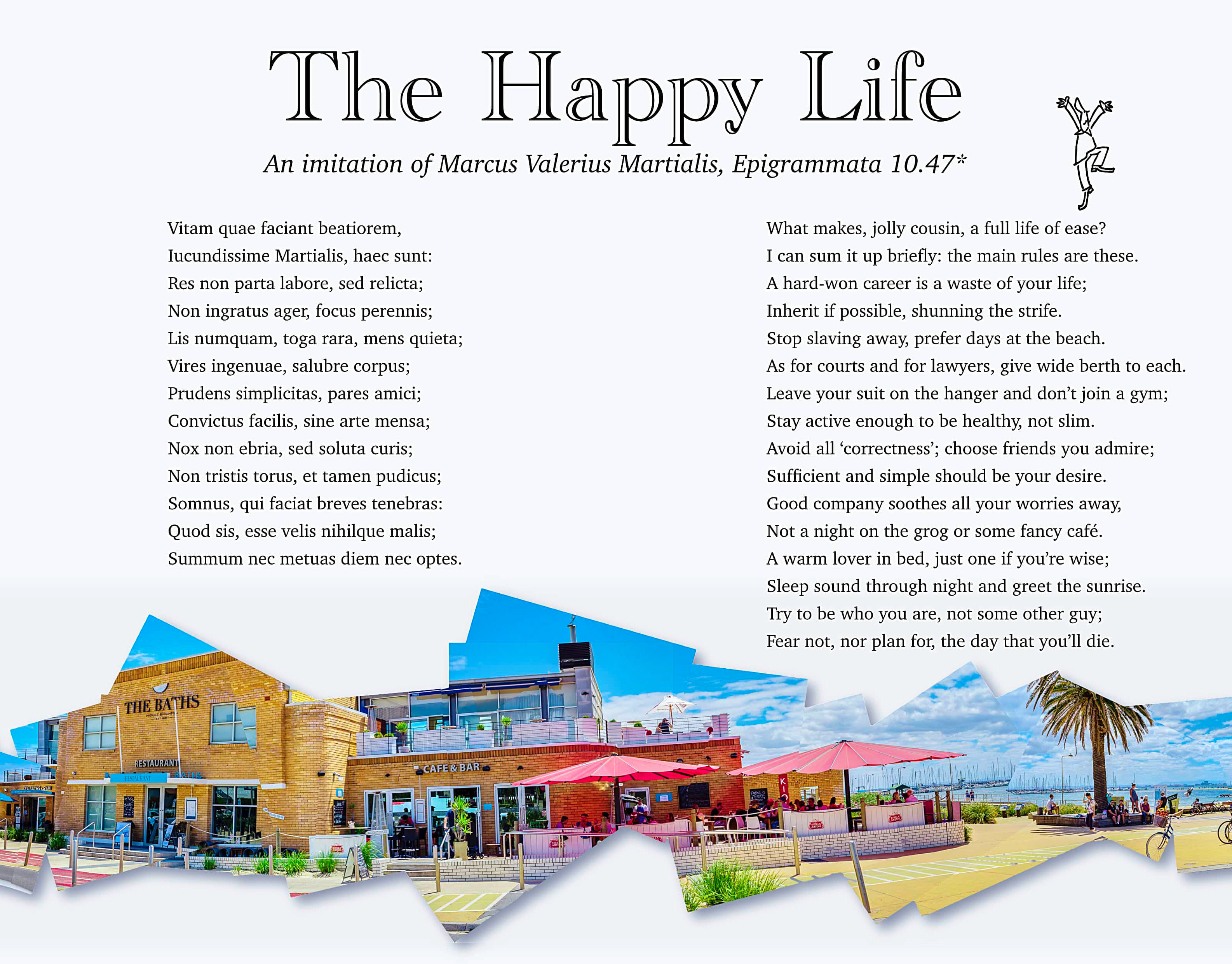These are some excerpts from "De Senectute"— "On Old Age" — by Marcus Tullius Cicero, written probably in December 45 BCE at one of the low-points of the famous orator's long political career.
His last hope for rescuing republican government in Rome was gone following Caesars's defeat of Pompey and installation as dictator. Although Caesar had pardoned him for (briefly) taking up arms on the wrong side of the civil war, Cicero's power to influence events in Rome was finished. His divorce from Terentia and re-marriage to a young relative had been a disaster. Worst of all, his beloved daughter, Tullia, had died in childbirth leaving Cicero feeling miserable and bereft.
Still, 45 and 44 BCE were years of extraordinary productivity for Cicero. Literary and philosophical works that would continue to shape European thought and education for almost 20 centuries after his death poured from his pen. They included this imagined dialog on old-age between Marcus Porcius Cato — an octagenarian Roman luminary from the previous century — and two younger friends who later rose to great distinction: Laelius and Scipio.
"On Old Age" is addressed to Cicero's closest friend, Titus Atticus, who was then 65 (Cicero was 61). It is a unique meditation on the capacities, pleasures and fears of the elderly and on old-age as the culmination of a life spent 'virtuously': that is, actively, moderately and in service to the state.
"On Old Age" is addressed to Cicero's closest friend, Titus Atticus, who was then 65 (Cicero was 61). It is a unique meditation on the capacities, pleasures and fears of the elderly and on old-age as the culmination of a life spent 'virtuously': that is, actively, moderately and in service to the state.









